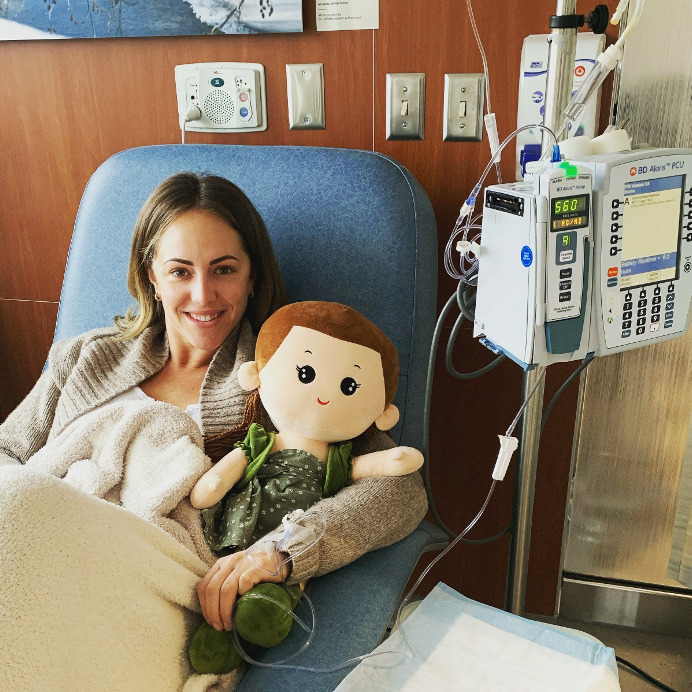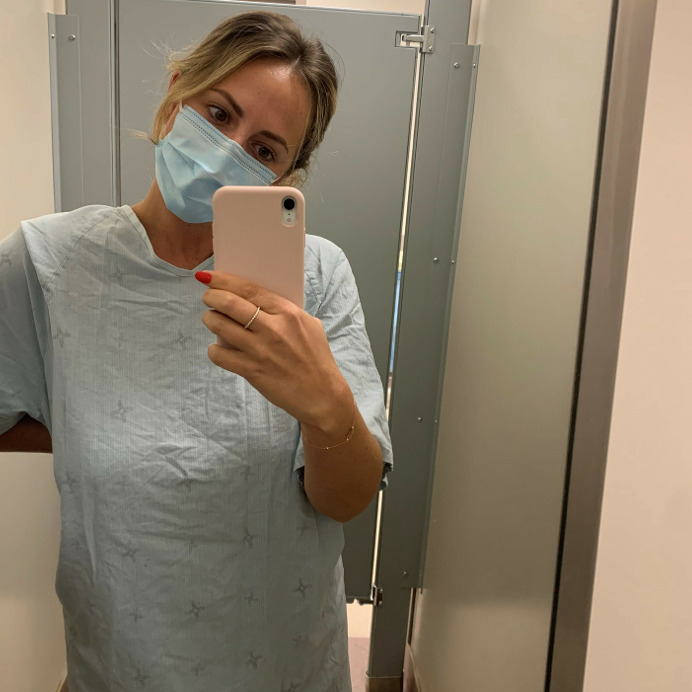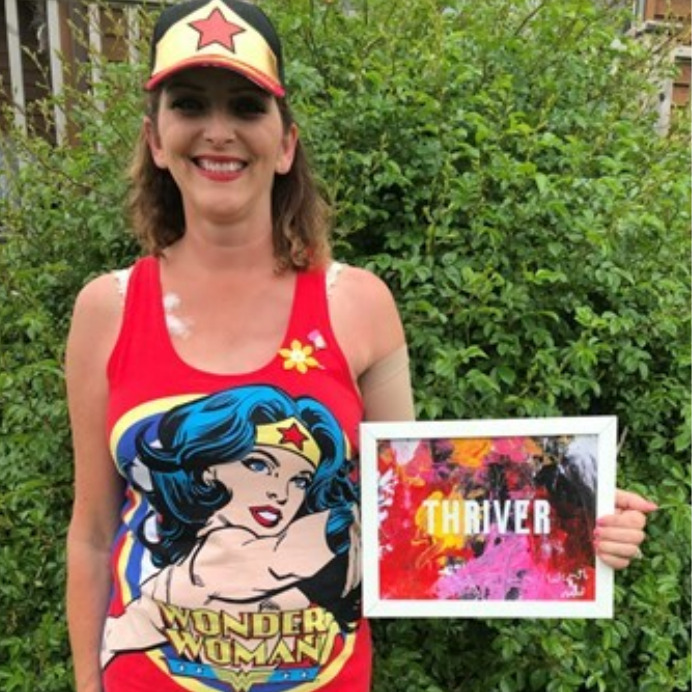By continuing to use our site, you consent to the processing of cookies, user data (location information, type and version of the OS, the type and version of the browser, the type of device and the resolution of its screen, the source of where the user came from, from which site or for what advertisement, language OS and Browser, which pages are opened and to which buttons the user presses, ip-address) for the purpose of site functioning, retargeting and statistical surveys and reviews. If you do not want your data to be processed, please leave the site.
The Voice of People With Breast Cancer
Education
Our Voices Blog
Losses from mBC: Vision and Fertility
Five years ago, 2017, I had what I thought would be my last CT scan at the BC Cancer Agency. I was done. I busted out of there as if I was free, even though I had a mild concern about a weird, ongoing burp and GERD symptom. I was told this was anxiety and waited for the results thinking I would graduate from cancer world. This was the assumption from my medical team and something I thought could be true since it had been five and a half years since my early-stage diagnosis. Even though the fear of recurrence existed, I held strong like my oncologist did.
Considering a Mastectomy Tattoo? Here’s What You Need to Know
Following breast cancer surgery, there are a variety of options available to you. You may choose to live flat, have breast reconstruction, get implants, or use breast prostheses. Another option that you may have not considered or known about are mastectomy tattoos. Women who have gotten mastectomy tattoos following their breast cancer treatment have given a variety of reasons for getting them, including that they are a confidence boost following treatment, to cover scars, to create something beautiful, and to mark what they’ve been through.
To the Girl Standing in The Blue Hospital Gown, Part 2
I’m still scared and I’m still nervous, but I’m okay. I’m finding a sense of peace and calmness in all of this chaos. These past 42 days have been life changing. Being diagnosed and the end of a relationship has really tested my ability to find acceptance in everything. I continue to smile and laugh; life is truly incredible. The universe works in ways that I’ll never fully understand and in the darkest moments there is still light to be found.
Podcasts for Peace of Mind
I came to the Podcast game way late, like decades late. So when most people were tuning in on their morning commute to work, I was still listening to the mumbo jumbo in my head instead. Not that there’s anything wrong with this, I’ve always enjoyed my own company and I’m also a bit of a late bloomer which can translate into sometimes being a latecomer, so there’s that. But if I knew then how much I love a good podcast now, I’m fairly confident the time I spent waiting in Princess Margaret Hospital’s air-conditioned rooms would have passed by a lot quicker.
A Quick Guide to Nipple Reconstruction
During a mastectomy or double mastectomy, the nipple is usually removed. One option to remedy this is to have nipple-sparing mastectomy. However, if you are not a candidate for this, you may want to look into whether getting your nipple reconstructed is more ideal for your situation.
Questions and Experts Session Guide: A Genetic Counsellor Answers Questions about Genetics and Genetic Testing
In today’s post, we provide the questions that were sent in and asked during the live session of our Questions and Experts session held in June 2022. In this session, Rachel Mador-House, a certified Genetic Counsellor, answered questions about genetics and genetic testing. In the parentheses, you’ll find the timestamp of where to find the question in the on-demand video.
My Genetic Test Results Changed my Treatment Plans
Stacy Zelazny lives in a tiny town in Ontario, literally, she resides in a little-known place called Tiny, Ontario. Stacy describes herself as a mom of two amazing girls who is married to her best friend and winning the biggest fight of her life.
I’ll Take a Pass on the Cancer Platitudes, Thanks
“Breathe.” “Just breathe.” If I had a dollar for every time someone told me to do this —while I anxiously waited for my biopsy results, had another round of MRI exams, before and after surgery, throughout the months-long treatment and the years I spent swallowing a daily dose of Tamoxifen — I’d have a down payment for a vacation home in Mexico.
To the Girl Standing in The Blue Hospital Gown, Part 1
Well, the results are in.
Take a seat.
Take a deep breath.
It’s positive.
The Four Stages of My Stage Four MBC
One night in July 2015, I went to sleep, and everything was fine. When I woke up, it was obvious that everything was not fine. My left breast was swollen, inflamed and painful. I was shocked and worried but tried not to overreact. Then I started making excuses. Maybe my period was coming. Maybe it was cellulitis. Maybe it was a clogged milk duct. Maybe it was. Maybe it. Maybe …













